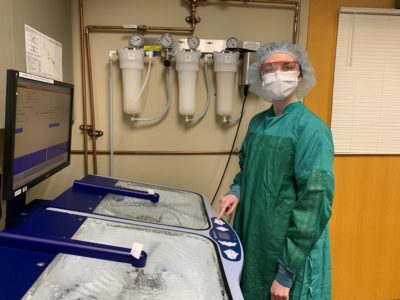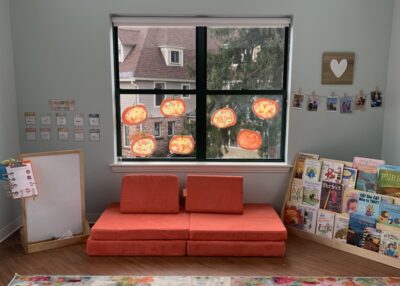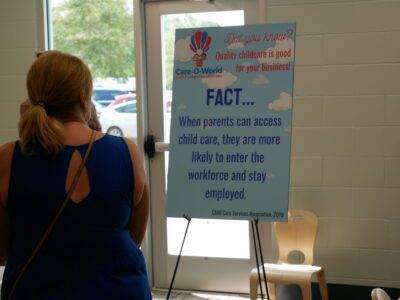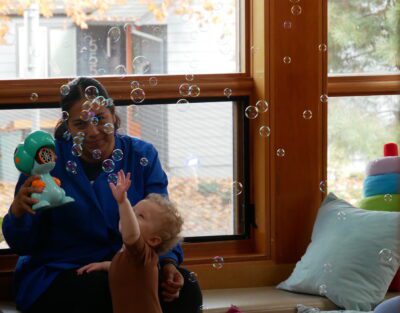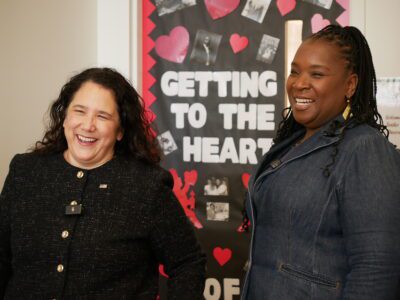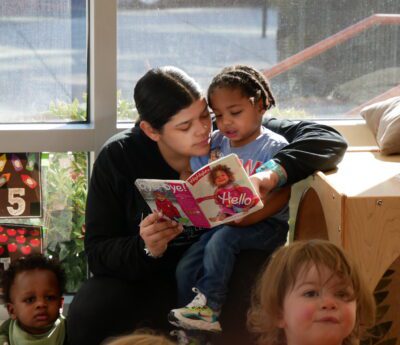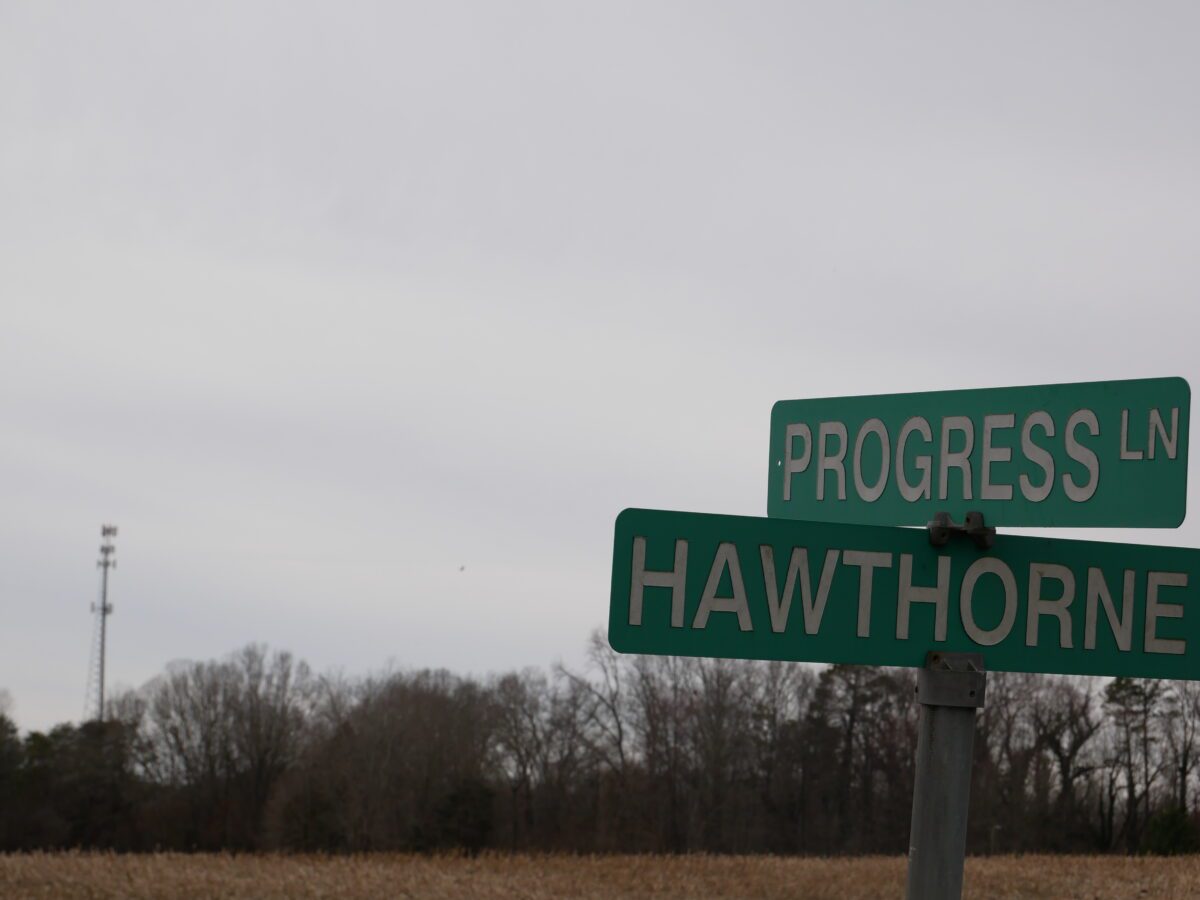

|
|
Yadkin County leaders across multiple sectors have rallied around a child care model called EarlyEd FlexPlex that could help rural communities like their own that are struggling with insufficient, unaffordable child care.
Originally designed by Business of Child Care, a Minnesota firm, the model would be the first of its kind in North Carolina. Other counties are watching the Yadkin effort with baited breath for a potential remedy.
“The lack of child care has been such a frustration, and this presents a ray of hope,” said Sandi Scanelli, president and CEO of Shallow Ford Foundation, a community foundation serving Yadkin and nearby counties. Scanelli said she has spoken with eight other interested counties and 10 regional or statewide organizations.
The concept’s facility would house six small child care programs, a model that required changes in state rules for licensed child care. The changes were approved by the state Child Care Commission in September, making the model a possibility across the state. Now the group is raising funds to start construction.
“They’ve made it through all those hoops, and now it’s time to make it a reality,” said County Manager Lisa Hughes.
The model could provide a more financially sustainable option for rural parts of the state, cutting costs by having multiple programs under one roof with administrative support, and opening programs to multiple ages of children. It would produce higher wages for providers and accept subsidies from the state and from local employers to help parents afford care.
The group leading the effort is seeking another $2 million from local and state sources to get the facility up and running.
Not having to worry about a mortgage or rent, or renovating a building or home to operate a program, will also remove a barrier for prospective child care providers, said Bobby Todd, director of Yadkin Economic Development Partnership (EDP) and Yadkin Chamber of Commerce, which are involved in the initiative.
“We’ve had conversations with providers where their biggest barrier was the capital expense, or bringing their home day care up to standard,” Todd said. “And we’ve taken care of that. That’s no longer an issue.”
The land, donated by community members Marion and Jewell Welborn, sits on a street called Progress Lane, right across from Industrial Drive, where most of the county’s major employers are.
The effort has raised $590,000 locally and is exploring ways to get the word out to a wider local audience and further build community support.
Related reads
They predict providers, who would also be owners of their programs, would earn $55,000 a year, and other employees would make $15 an hour. In May 2022, child care workers made a median hourly wage of $12.87, which comes to about $26,770 a year, according to the Bureau of Labor Statistics. Child care administrators’ median wage was $22.10 an hour, about $45,970 a year.
The facility would be owned by the EDP and leased to the local Smart Start partnership, which would manage the providers and provide quality-enhancing supports to the programs.
The program also would be open to prospective early childhood teachers for on-the-job training and observation. The facility would partner with Yadkin-Surry Works, an apprenticeship program that has created a specific early childhood pathway, said Kevin Austin, chair of the Yadkin County Board of Commissioners.
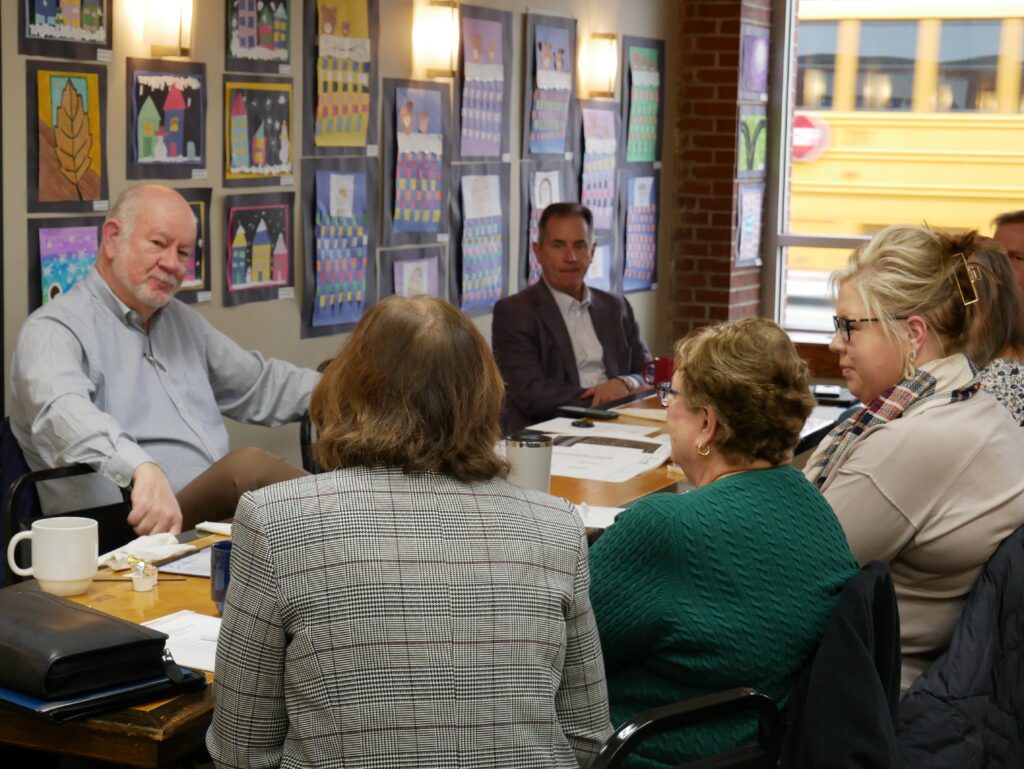

“That’s what it takes,” Austin said. “It takes the continuum and all the pieces that come together. And this is the hub for industry, and economic development, and career opportunity for these kids who want to be in child care, and entrepreneurship — for those who want to start here and then have their own center. This is the critical piece for that. Everybody’s poised and ready to go.”
The need for child care from every angle
The FlexPlex group has representation from the EDP and the Chamber of Commerce, the county, Yadkinville’s mayor’s office, the K-12 school district, the local Smart Start partnership, the foundation, and local business leaders.
The county has lost two-thirds of its child care supply in recent years, according to a 2021 local study. Providers that are left are struggling as federal grants that have helped programs stay open run out at the end of June.
“They’re very nervous,” said Carolyn Choplin, executive director of Smart Start of Yadkin County. “We’re worried about our existing child care facilities.”
Todd Martin, who is set to retire as the superintendent of Yadkin County Schools at the end of this month after more than a decade in the role, said he has seen the impacts of a broken child care market from every angle.
He was drawn to the issue because of a local school board member who was unable to find child care arrangements when their child’s center closed, he said. The district has also lost teachers who did not return to work after giving birth.
“We’re like any other employer — I think we’re the second largest employer,” Martin said. “Our employees need good, reliable child care.”


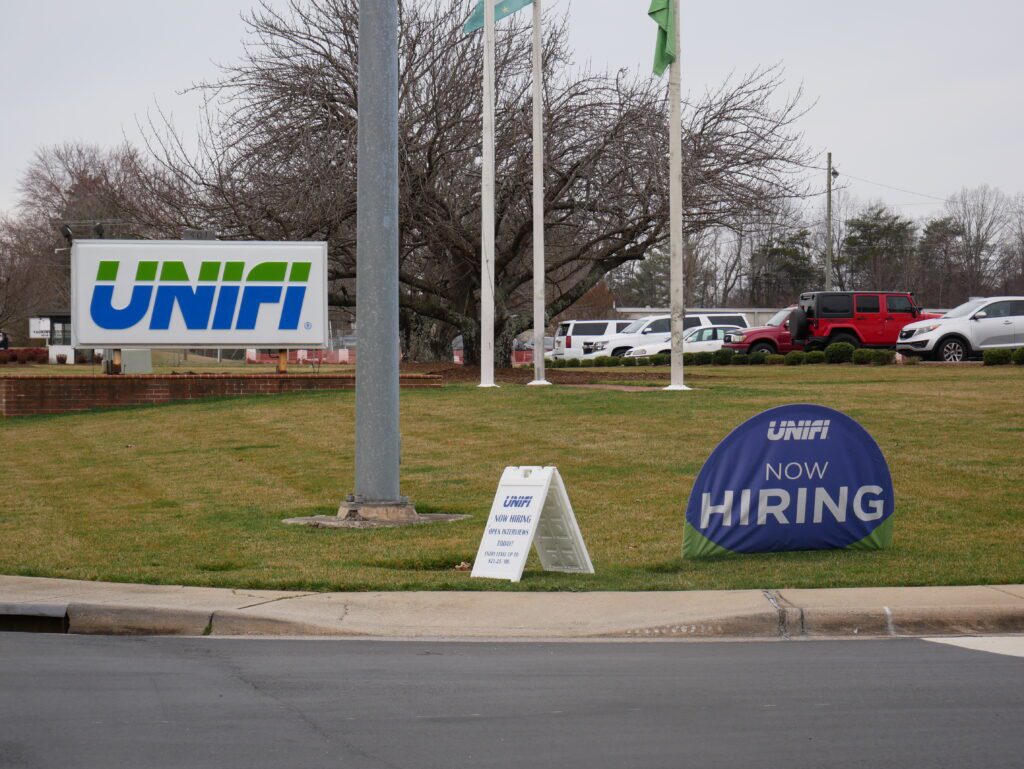

As a partner with private industry, he knows child care is a necessity. And he sees the issue affecting the future of the county’s population.
“That’s an overarching goal: to get our kids to graduate, (and) when they leave us, they understand they have great career opportunities here, it’s a great place to live and raise a family, and we want them to stay,” he said. “We don’t want the brain drain.”
As an educator, Martin said, he knows quality early learning is needed to support children’s strong educational outcomes down the line.
“I want teachers to be able to take their students there to come to work — but also have a great facility where they’re going to be learning so that when they do come to us, in kindergarten, they’re ready to go.”
And most recently, Martin has seen the issue affect his own family. His daughter, an elementary school teacher at a local school, gave birth.
“She’s searching, but she does not have child care,” he said. “She wants to return before the end of the school year.”
In the meantime, Martin, who will soon retire, and his retired wife will help out.
“But I can tell you, some folks don’t have that safety net yet,” he said.



